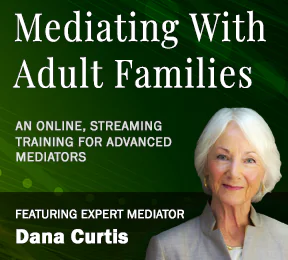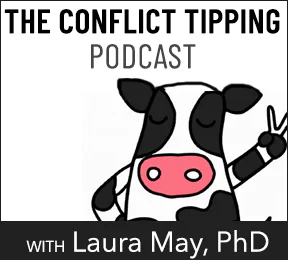Scott Hechinger, attorney and policy director for the Brooklyn Defender Services, has a fascinating op-ed in today’s New York Times, calling for the end of mandatory minimums. He argues that one of the problems with mandatory minimums is that they make police misconduct more difficult to manage.
From the perspective of negotiation, mandatory minimums represent a “credible threat” that prosecutors can use to convince a defendant to take a plea deal. One possible upside of mandatory minimums is that they remove some discretion from prosecutors (and judges) and create more “knowns” in a process that is largely opaque. But this loss of discretion arguably makes bargaining power even more disparate in favor of the prosecution, which can use the minimums as strong negative leverage in the negotiation. This leverage, in addition to the prosecution’s already large number of persuasive tools (e.g., exploding offers, adding enhancements and charges, etc.), helps explain why even innocent people might choose to take a plea.
Hechinger takes this analysis a step further, pointing out that mandatory minimums in the plea bargaining context make possible continued abuses on the part of police. Most people plead guilty (95% of all convictions are from guilty pleas). Once people have pled guilty, they can no longer argue that the police acted in violation of their Constitutional rights. In other words, the guilty plea serves to insulate bad cops from being held accountable for their misconduct. And because mandatory minimums make guilty pleas easier to get, they likewise make police misconduct easier for the criminal justice system to ignore.
Related to all this, I received a notice from Carolina Academic Press yesterday stating that Andrea and Cynthia’s book, Negotiating Crime, is coming out this October! Not a moment too soon.









